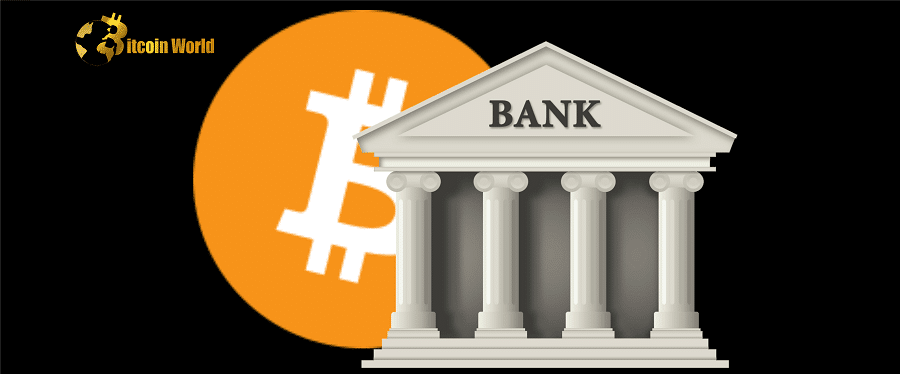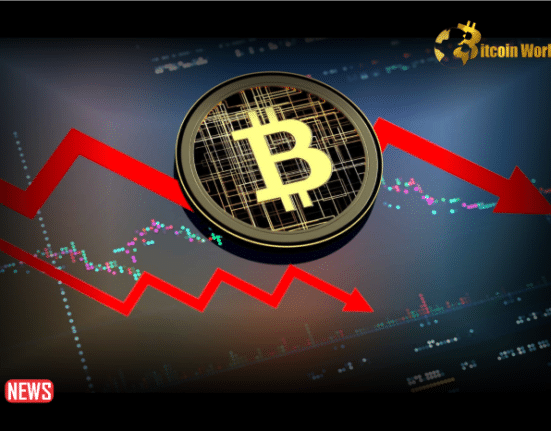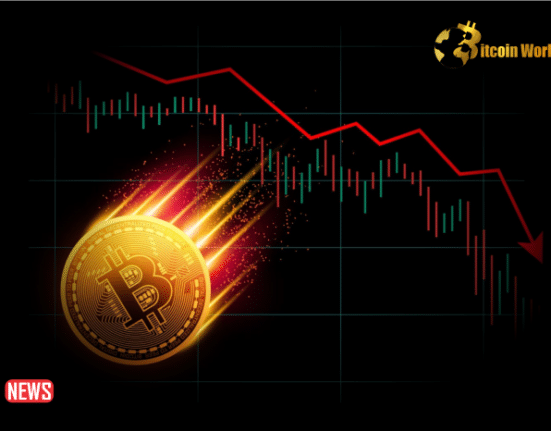In response to rising customer demand for bitcoin and other cryptocurrency-related services, an increasing number of banks in the United States are researching the digital currency market under the auspices of the Federal Deposit Insurance Corporation.
The trend indicates the interconnectedness of crypto assets, as well as associated products and services, with the regulated financial system.
According to FDIC statistics, around 52 million Americans had invested in bitcoin and other forms of crypto assets as of January 2023, and 136 banks were considering or were already participating in different crypto-related activities.
On February 17, the Office of Inspector General, an independent entity inside multiple US federal agencies, released a report highlighting banks’ expanding engagement in the digital assets business.
The research also advocates for suitable recommendations for lenders under the FDIC mandate, underlining the need of ensuring that their policies and processes take into account the risks associated with digital assets, particularly in terms of deposit insurance.
While not having a direct role in cryptocurrency regulation or monitoring, the FDIC offers insurance to safeguard depositors in the event of bank failures, and there have been debates regarding the possibility of the FDIC regulating bitcoin custodians.
Bitcoin custodians manage digital assets on behalf of others, just like banks do with traditional assets like cash and stocks.
The FDIC’s role in supporting the U.S. financial system is highlighted in the OIG report, as it insures nearly $10 trillion in deposits at over 4,700 banks, supervises over 3,200 banks, and oversees the $125 billion Deposit Insurance Fund (DIF), which protects bank depositor accounts and resolves failing banks.
The increased engagement of banks in the digital asset business illustrates the growing demand for cryptocurrency-related services and reflects the growing popularity of assets such as Bitcoin.
According to statistics from Coingecko and TradingView, Bitcoin’s market worth is about $461 billion at the time of writing, while the overall market cap of all cryptocurrencies is $1.05 trillion. According to statistics, bitcoin is presently trading at $23,908 USD.
The FDIC must collaborate with other regulators to give clarity on digital asset regulation and ensure that its exams, policies, and procedures address consumer risks associated with digital assets, particularly the relationship between deposit insurance and digital assets.
Because of the potential threats cryptocurrencies represent to the larger financial system, the FDIC has traditionally adopted a cautious approach to them. Notwithstanding these reservations, numerous FDIC-insured banks have begun researching the crypto market in response to rising customer demand for cryptocurrency-related services.
While the FDIC has not directly regulated cryptocurrencies, there have been debates about the possibility of the agency regulating cryptocurrency custodians – firms or individuals that retain digital assets on behalf of others.
While the US government works to build a clear legal framework for controlling the cryptocurrency business, US President Joe Biden’s latest Executive Order is intended to give greater clarity on how cryptocurrencies will be governed in the future.
While exact restrictions are not yet known, the decision is believed to suggest a more proactive approach to addressing the risks connected with cryptocurrencies, with ramifications for banks and other financial institutions participating in the field.















